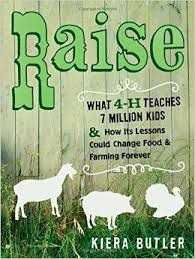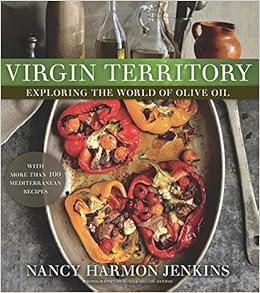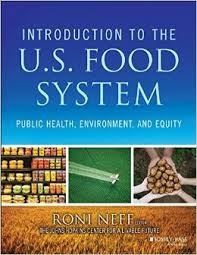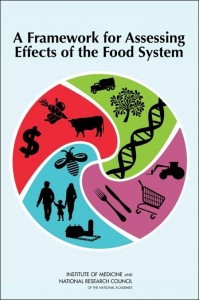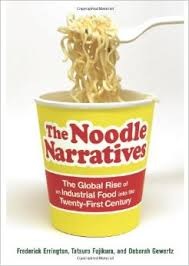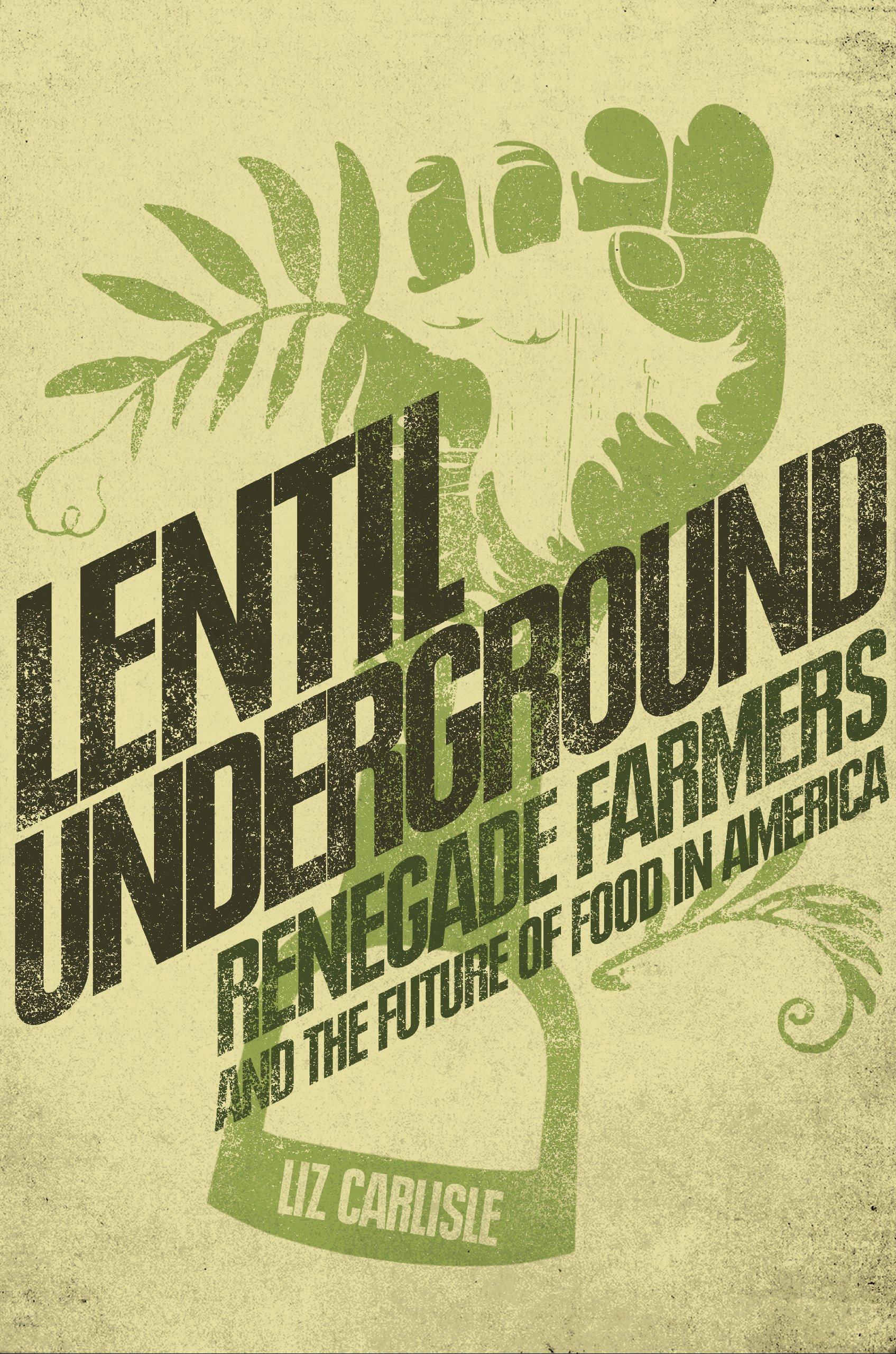Weekend reading: The Psychology of Eating and Drinking
Alexandra Logue, The Psychology of Eating and Drinking 4th Ed, Routledge, 2014.

I’m always being asked questions like “what about psychology?” “Isn’t stress a major factor in overeating?”
I couldn’t be happier to see this book again, now in its 4th edition, and have the chance to blurb it:
Alexandra Logue’s now classic text is the place to begin exploring how our psychology—as distinct from genetics–influences human taste preferences, eating behavior, and food choices. Logue deals with the evidence available to help explain anorexia, obesity, alcoholism, and the near universal craving for chocolate. Does psychology matter in food choice? Here’s where to answer that question.


